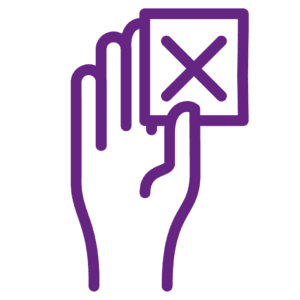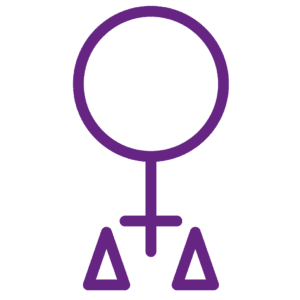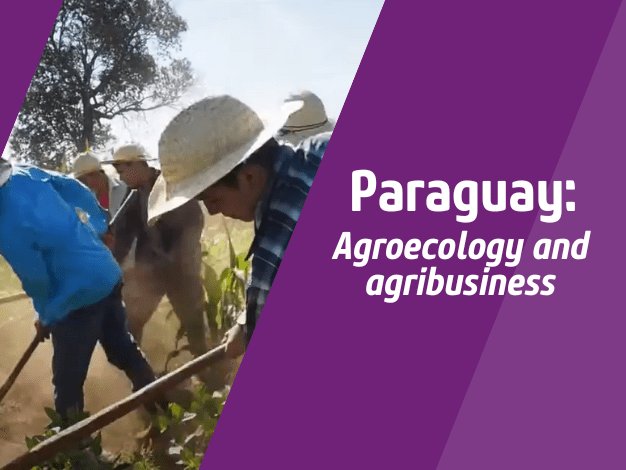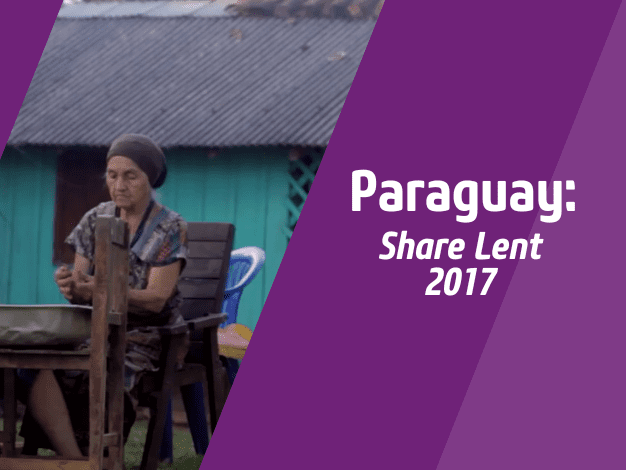Democracy and respect for human rights did not begin emerging in Paraguay until 1989, after the end of General Alfredo Stroessner’s reign. His 35-year dictatorship, one of Latin America’s most repressive and enduring (only the Somozas ruled longer in Nicaragua), profoundly marked the country. Stroessner’s Colorado Party, which has remained in power since 1947, still controls much of the country’s politics and economy. Despite great hope having been sparked by the end of the dictatorship, the Paraguayan state continues indulging in corruption, the abuse of power and the violation of human rights.
Many Paraguayans, especially peasant organizations, are working to disrupt unjust systems created by the political elite. These include the very structural organization of the state, which erects few barriers to theft and corruption, problems faced by many in Latin America. Ahead of the April 2023 election, many also mobilized in vain to defeat the Colorado Party, whose regressive policies include the repression and criminalization of civil society leaders.
Paraguay has a lot of wealth. It is the third largest exporter of soya beans and the sixth largest producer of renewable energy in South America. However, only the upper echelons of society benefit. Official data reveal growing inequities in access to agricultural land. A mere 2.6 per cent of landowners own 85.5 per cent of the arable land. This while 91.4 percent of smallholders―who own lots of up to 50 hectares―have access to no more than 4,31 per cent of the arable land. This production model directly affects the survival of peasants.
Poverty affects over 34 per cent of the population in rural areas. The predominance of monocultures and large landed estates in agriculture is a major cause of poverty and human rights violations. Real poverty is also concealed by apparently rosy GDP growth rates, which are linked more to the country’s export capacity than to its citizens’ wealth.
Poverty in rural areas is very high, affecting over 38% of the population. The dominant production model based on monoculture and latifundiums is the main cause of misery and serious human rights violations. Real poverty is concealed by GDP figures that are linked to the country’s export capacity, not to the individual wealth of the population. With a poverty rate of 26.9 per cent and an extreme poverty rate of 5%[1], reducing poverty remains Paraguay’s biggest challenge in the years to come.




Development and Peace ― Caritas Canada’s programming includes a series of training and social mobilization activities that contribute to reducing poverty in peasant communities. This is achieved by supporting human rights campaigns and socioeconomic development projects with small-scale organizations of peasant farmers, especially women.
Our partners’ main activities are focussed on impoverished small-scale peasant families in the Diocese of Coronel Oviedo in the Caaguazú Department and in the San Pedro Department. They include:
Given the country’s difficult social and political realities, ending the social injustices that impoverished Paraguayans face will require the sustenance and strengthening of citizen participation.
Keeping up with programming focussed on food sovereignty will also allow us raise people’s awareness levels.
With the effects of climate change become more evident, ecological justice is increasingly prioritised by our partners. It is becoming a cross-cutting theme in their general education work and in their family farming training sessions.




Sorry, no recent articles are available at the moment.
About us
Our work
Get involved
Ways to give
Resources
Get in touch
555 René-Lévesque Blvd. West, 8th Floor
Montreal (Quebec) Canada H2Z 1B1
Phone: 514-257-8711
Toll-free: 1-888-234-8533
Fax: 514-257-8497
Email: info@devp.org
Charity number: 1 1882 9902 RR 0001


Our international cooperation program is carried out in part with the financial support of the Government of Canada acting through Global Affairs Canada.
Development and Peace — Caritas Canada is the official international solidarity organization of the Catholic Church in Canada and the Canadian member of Caritas Internationalis.
Copyrights © 2024
Don’t miss anything about the work of our international partners or our awareness and mobilization campaigns.
Sign up now for our newsletter.